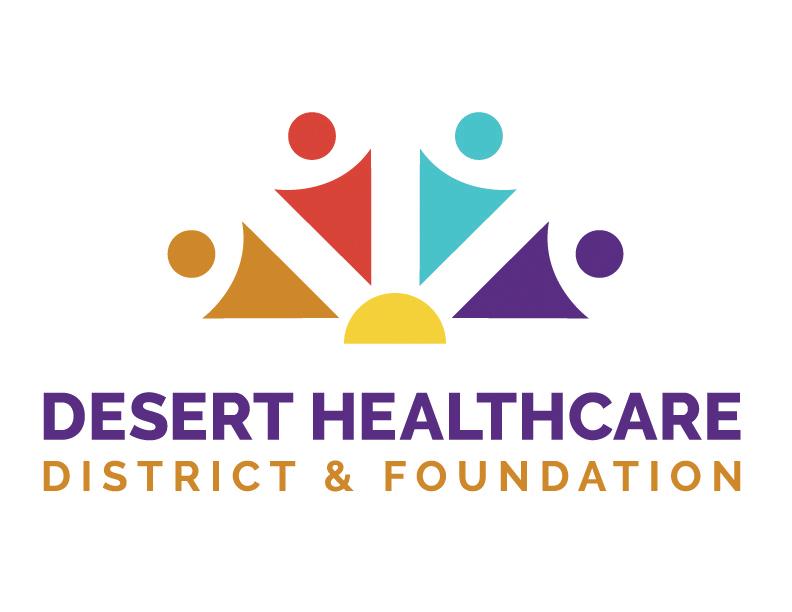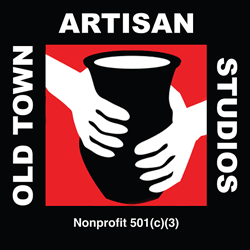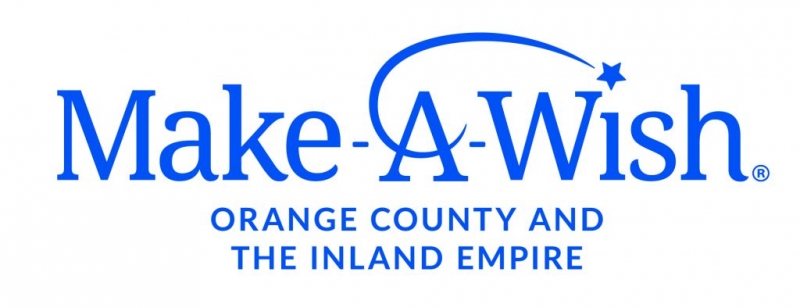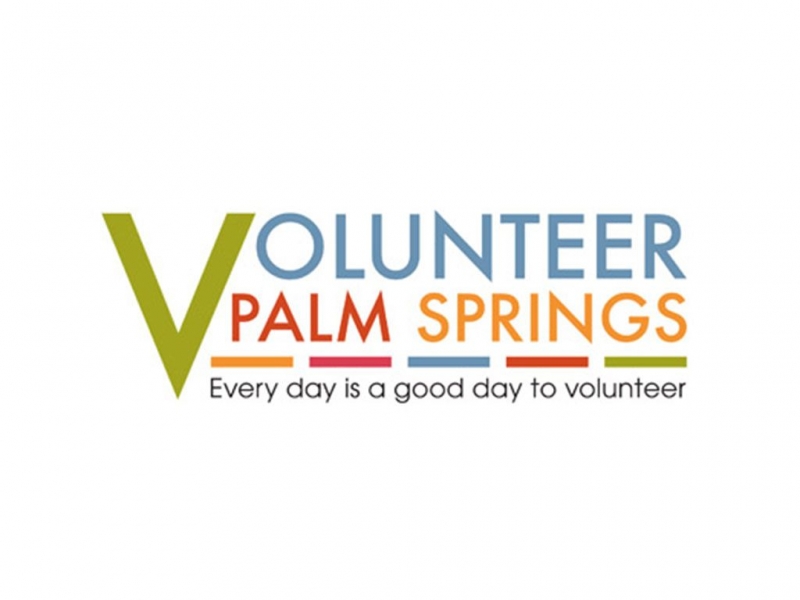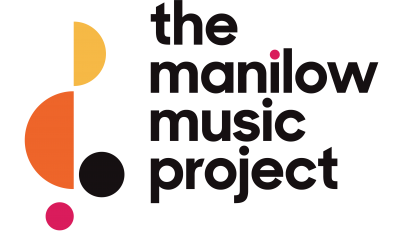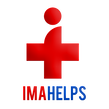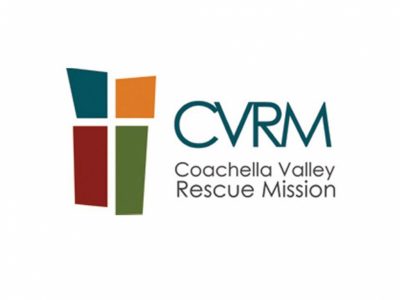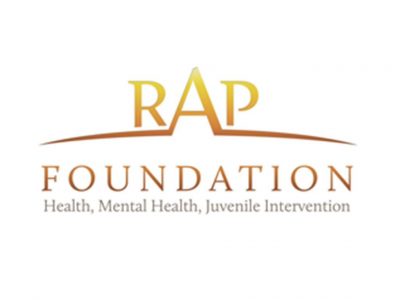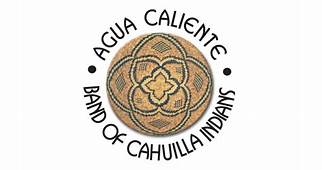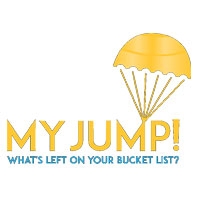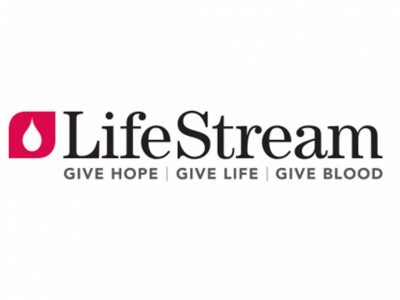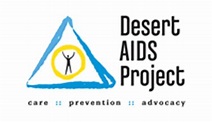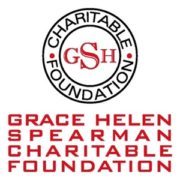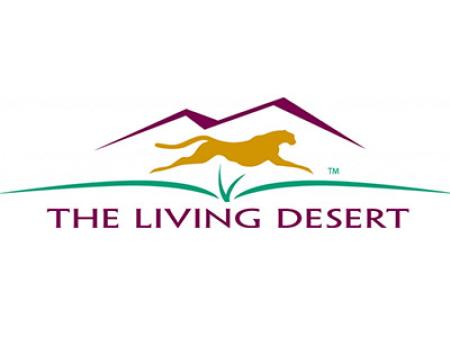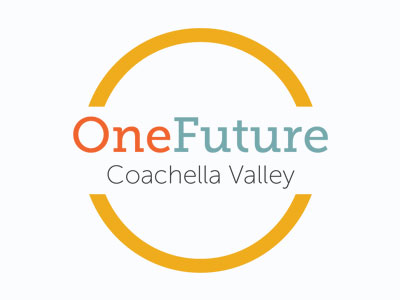Bilingual webpage offers extensive COVID-19 resources for Coachella Valley
The new site provides a one-stop source of information on prevention, testing and financial assistance.
The Desert Healthcare District & Foundation (DHCD) unveiled a comprehensive online dashboard offering a wealth of bilingual COVID-19 resources and information for residents across the Coachella Valley.
The Coachella Valley COVID-19 Resource Center at www.DHCD.org provides a centralized site for all available services, programs and facts related to the coronavirus. Residents can find links to connect with financial assistance and emergency cash relief as well as information on rapid COVID-19 testing, donating personal protective equipment to local clinics and hospitals, videos on proper hygiene practices, and more.
The portal is updated daily to provide the nearly half-million people served by DHCD with the latest information available and is intended to resolve confusion about public health issues related to COVID-19. In addition to District resources, the page will include links to other sites and curate those vehicles to bring users the “best of” information.
All content is in English and Spanish and is also being translated into Purépecha, the language of indigenous people from the Mexican state of Michoacan, who make up a large part of the farm-working community in the eastern Coachella Valley.
“Desert Healthcare District recognizes that individuals and families across our region are struggling with overwhelming health and economic challenges due to the coronavirus pandemic,” said Dr. Conrado Bárzaga, Desert Healthcare District and Foundation CEO. “As one of the largest supporters of health and wellness programs and services in the Coachella Valley, we felt it was important to provide a hub for regional assistance and facts to help our constituents.”
Bárzaga delivers a weekly video update on the page in English and Spanish.
The District is a trusted source for health and wellness information and supports a multi-pronged, collective impact approach to dealing with health issues, including the coronavirus.
On April 3, the DHCD Board allocated $350,000 for rapid COVID-19 testing at three federally qualified health centers in the Valley. The funding will provide the local clinics with access to about 10,000 rapid tests.
Unlike current tests that take two to five days to produce a result, the new tests work in 15 minutes. Rapid test kits will be distributed to Borrego Health, Clinicas de Salud del Pueblo and Desert AIDS Project, which provide primary care for uninsured, minority and low-income populations.
The District’s Board has also approved a $1.2 million COVID-19 pandemic aid package to support nonprofit service providers, healthcare professionals and other agencies providing critical assistance to at-risk populations. The aid was distributed to the following: FIND Food Bank, organizations serving the homeless and migrant worker communities, nonprofits, public education efforts, a fund providing low-income families with $200 for basic living expenses, and a healthcare safety net to prevent hospital emergency rooms from becoming overwhelmed by patients.
“It is critical that the more than 80,000 uninsured people in the Coachella Valley have access to care, which in turn helps protect the entire community,” Bárzaga said. “This one-stop source of information will help people know where they can turn to get the help they need in this time of crisis.”
# # #
About the Desert Healthcare District and Foundation
The Desert Healthcare District is a local government agency formed in 1948. Its mission is to achieve optimal health at all stages of life for all District residents. The District includes more than 400,000 residents and encompasses the entire Coachella Valley. The District and Desert Healthcare Foundation, together, are one of the largest funders in the valley. These funds are used to assist residents — especially the underserved — in accessing vitally needed resources such as primary and behavioral healthcare, housing, food and transportation resources.

